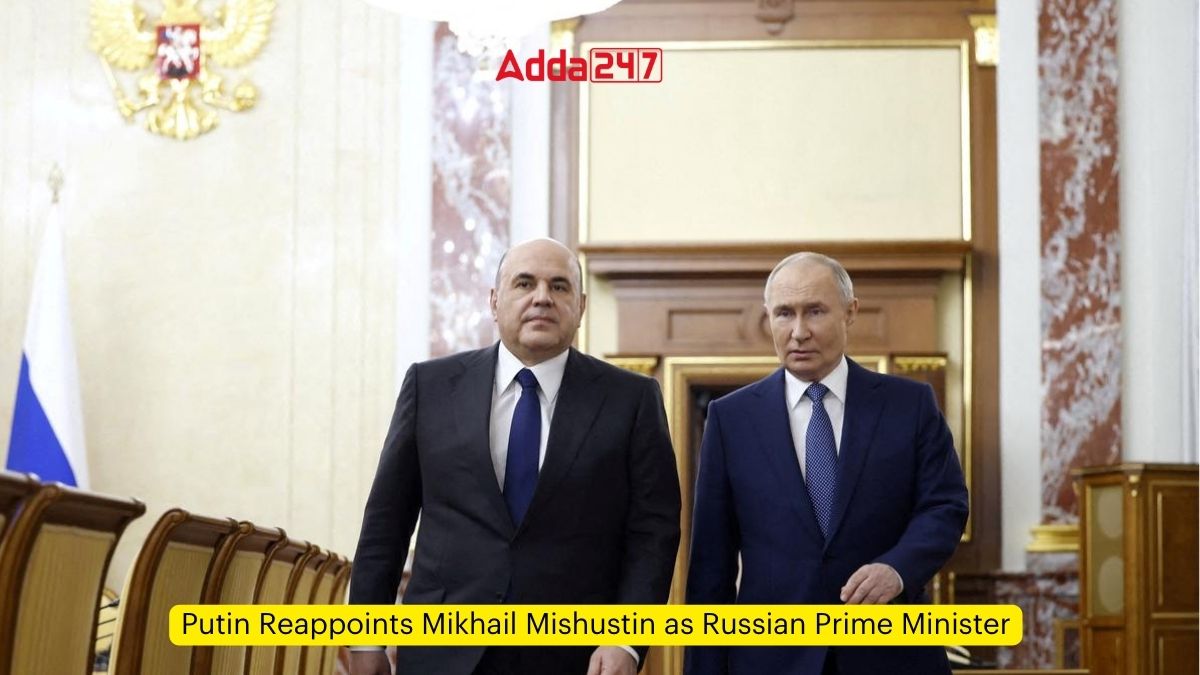In a widely anticipated move, Russian President Vladimir Putin has reappointed Mikhail Mishustin as the Prime Minister of Russia, subject to approval by the lower house of parliament, the State Duma. This decision comes as part of the legal procedure following Putin’s inauguration for his fifth presidential term on Tuesday.
Parliamentary Approval: A Mere Formality
The Speaker of the State Duma, Vyacheslav Volodin, announced that the house will hold a session later on Friday to consider Mishustin’s candidacy. However, given the Kremlin-controlled nature of the parliament, Mishustin’s approval is considered a mere formality.
Mishustin’s Tenure and Profile
Mikhail Mishustin, aged 58, has held the position of Prime Minister for the past four years. In line with Russian law, he submitted his Cabinet’s resignation on Tuesday, following Putin’s inauguration ceremony.
Political observers note that Mishustin’s reappointment was widely expected, as Putin values his skills and his lack of political ambition. Mishustin, the former head of Russia’s tax service, has maintained a low profile, steering clear of political statements and avoiding media interviews.
Continuity and Stability in Putin’s Regime
Mishustin’s reappointment is seen as a move by Putin to ensure continuity and stability within his administration. By retaining a Prime Minister who has proven himself capable and loyal, Putin aims to maintain a steady course in governing Russia, particularly in the face of ongoing geopolitical tensions and economic challenges.
Analysts suggest that Mishustin’s lack of political ambition and his technocratic approach make him an ideal choice for Putin, who values efficiency and a focus on practical matters over political grandstanding.
The Role of the Prime Minister in Russia
In Russia’s political system, the Prime Minister serves as the head of government and is responsible for overseeing the day-to-day operations of the executive branch. However, the position holds limited power compared to the presidency, as the Prime Minister ultimately answers to the President, who wields significant authority.
Mishustin’s reappointment is expected to provide continuity in the implementation of Putin’s policies and agenda, as the Prime Minister’s role is primarily focused on managing the government’s operations rather than setting the overall strategic direction of the country.




 Norway Breaks Winter Olympics Record! 17...
Norway Breaks Winter Olympics Record! 17...
 USA Stuns Canada in Overtime! Hilary Kni...
USA Stuns Canada in Overtime! Hilary Kni...
 Harmanpreet Kaur Creates History: Become...
Harmanpreet Kaur Creates History: Become...








